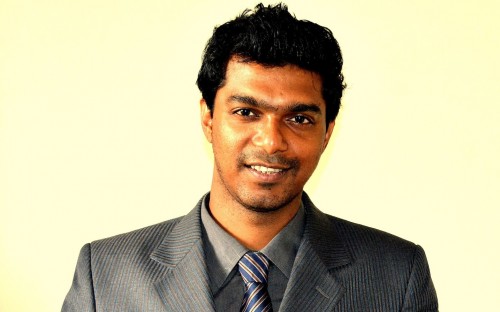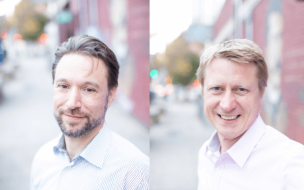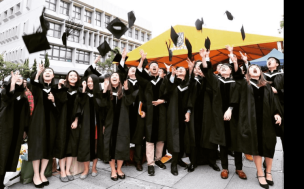Ahneeshkumar Pujari may have been an IT whizz for most of his professional life, but he hasn’t limited himself to the tech field.
His thirst for new challenges and a desire for a career change led him to the MBA program at the University of St. Gallen in Switzerland.
He spoke to BusinessBecause about the skills he has gained from the degree, the changes he saw during the financial crisis and his current journey searching for a perfect career opportunity in finance.
Why did you decide to pursue an MBA?
Having worked for nine years in IT, mostly in capital markets, I decided to pursue an MBA to shift from the technical to the functional side. I was always interested in the financial domain and wanted to learn the finer aspects from a business school specialising in the subject.
Moreover, I was getting restless with routine work and needed a fresh challenge. The MBA at St. Gallen satisfied both needs, giving me exposure to the nuances of finance and a welcome break from monotony.
You serviced Goldman Sachs while working at Infosys for five years during the financial crisis. How did the environment at the bank change during that period?
I am forever grateful to this company [Goldman Sachs] for the professional exposure that it gave me.
I first worked for them in 2003 and last in early 2009. The financial crisis ensured that the environment at the company changed drastically. Employees at Goldman Sachs always had an extremely rigorous work ethic. And as you might know, they have some of the best brains in business.
In spite of this, like every other bank did, the company had to fire some really good and experienced staff. I think it made people a little more cautious and completely risk-averse. Budgets went down drastically, which also resulted in a phase of [temporary] restlessness.
What made the University of St. Gallen stand out from other business schools?
We had a class of 33 students coming from 22 nationalities. Both factors – the small class size and the high proportion of diverse nationalities – made HSG stand out. I think I learnt as much from my peers as I did from the professors.
Though I had already lived and worked in five [different] countries before, this was special and allowed me to closely observe and analyse a broad range of cultural sensitivities and work patterns. Though we are all in different parts of the world at the moment, we are [still] connected.
What skills did you develop during your MBA?
Prior to my MBA, I had never really focussed on the topics of financial valuation, leadership, marketing, sustainability and M&A [mergers and acquisitions]. My knowledge of these subjects grew leaps and bounds during the MBA.
I was especially satisfied to have imbibed some corporate sustainability skills through the course. Most of us are blissfully unaware of this topic, but its current importance cannot be overemphasised.
I also developed certain skills for networking, though I am still bad at networking without establishing a personal connection first.
I developed skills for presentation which I would never have without the MBA. These are skills you can observe and learn from others. However, I always struggled to keep it brief – I am still learning.
What is your long-term career goal, and in what way do you think the MBA will help you achieve it?
Career goals are an ever evolving subject. However, one of my long-term career goals is to head the IT division at an investment bank. The MBA has certainly given me a boost in that direction. It has been helpful to hear from C-level executives during company presentations at HSG. You get to learn a lot and get personal insights.
Moreover, some of the very practical subjects such as leadership, organisational behaviour, IT management and corporate strategy have helped a lot. Dealing with diversity is also one of the biggest takeaways from the MBA, and this will help no matter what I do.
What challenges have you faced trying to switch careers?
While in IT, I was always working with capital markets clients – I had a fair understanding of finance. I was always interested in the domain. Transitioning from technology to finance was not that difficult for me.
However, after the MBA I realised that I could not just chuck nine years of IT experience. It had to be a mix of both. I dabbled a with few things along the way, and am still looking for that perfect career opportunity which offers me the best of both worlds.
The challenge has been to convince people, especially HR, that I can be as good at IT finance as I was at finance IT.
RECAPTHA :
6f
d5
06
db







